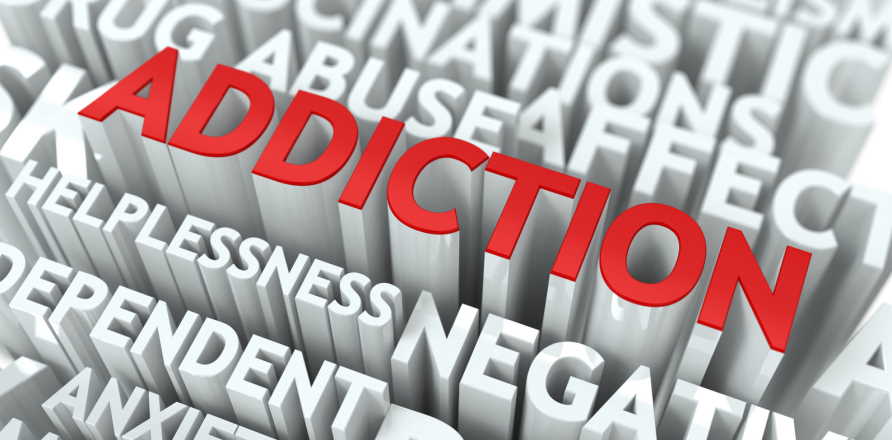
Does Gambling Addiction Hereditary?
Pathological gambling is defined as a gambling problem serious enough to become a clinical issue. It is a major public health concern estimated to affect between 0.5 and 1.5 percent of American adults at some point.
Pathological gambling (PG) is an impulse control disorder and a model behavioral gambling addiction hereditary. Familial factors are observed in clinical studies of pathological gamblers. Twin studies are demonstrated a genetic influence contributing to the development of PG.
Serotonergic, noradrenergic, and dopaminergic dysfunction has been reported as biological factors contributing to the pathophysiology of PG.

Role of genetic factors
Gambling addiction is genetic and these techniques have been used to investigate the role of genetic factors in PG. Molecular genetics research is identified in specific allele variants of candidate genes. This is corresponding to these neurotransmitter systems to be associated with PG.
Associations have been reported between pathological gamblers and allele variants of polymorphisms at dopamine receptor genes, the serotonin transporter gene, and the monoamine oxidase a gene.
Some of these differences are gender-specific and more research is needed to be performed to substantiate gender-specific genetic contributions. This is the development of pathological gambling.
The review of the current findings on the genetics of PG suggests that liability to hereditary link in pathological gambling is in part mediated by genetic factors.
These are finding as well as to better understand the influence of specific allelic variants on differences in biological and behavioral functioning.
This work is showing that pathological gambling runs in families. It is higher than for many other behavioral and psychiatric disorders. If they see a person with pathological gambling, that person is a close relative with similar or the same problem.

Behavioral Addiction
Gambling disorder is referred to as the uncontrollable urge to gamble, despite serious personal consequences. Problem gambling is impacting a person’s interpersonal relationships, financial situation, and physical & mental health. It has been recognized as an addiction.
Problem gambling was first classified as a psychiatric disorder in 1980. You can find about it in third edition of the Diagnostic and Statistical Manual, the American Psychiatric Association’s guide to psychiatric disorders.
The condition was termed pathological gambling. It is classified as an impulse control disorder, alongside disorders such as kleptomania and pyromania.
It was renamed a gambling disorder in 2013. It is moved to the Substance-Related and Addictive Disorders category, which includes alcohol and drug addictions.